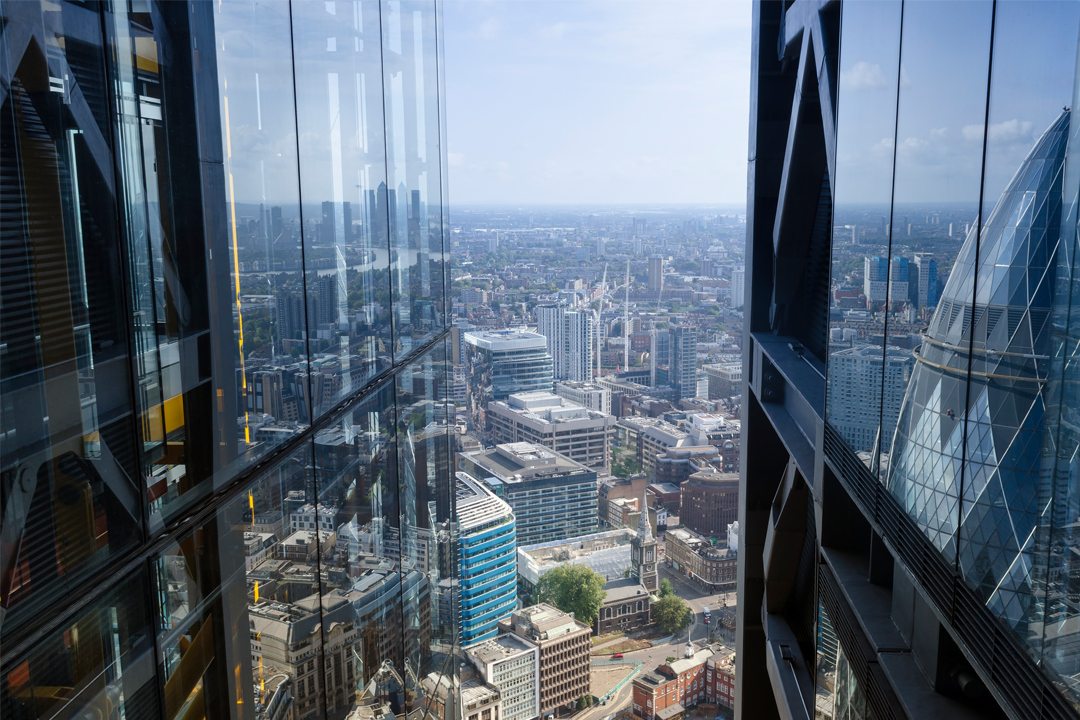Futurology: the new home in 2050
5 June 2018

Homes of the future will increasingly tap into neighbourhood energy systems, feature flexible layouts and use improved technology to make automatic decisions about heating, security and even postal deliveries, according to a new report.
The report, Futurology: the new home in 2050, commissioned by the NHBC Foundation, which provides research and guidance to support the house-building industry, looks ahead three decades and foresees radical adjustments to house building design, inspired by new technology, population shifts and climate change.
The report suggests that demographic changes, such as a rapid increase in the number of elderly people and the worsening issue of young people unable to afford to leave home, will drive demand for multi-generational accommodation. More homes will be designed with flexible layouts to suit different generations, which can be adapted as families’ needs change.
Inspired by the need for more urban housing in already densely populated areas, future design will produce homes with smaller footprints, but with more storeys, using balcony and roof space to provide outdoor space. Architects may draw inspiration from good compact design, such as in boats or caravans, to produce more “micro-living” options for single people.
More innovation will be used when designing “third age” homes for people over 65, reflecting demand for accommodation with lifts, level access and communal activities, whilst retaining privacy and a sense of ownership.
By 2050, technology will transform homes into collectors and storers of energy, with electricity, now generated by non-fossil fuel, most likely to be used to heat homes and hot water. Electric cars will be commonplace with every property equipped with a charging point. The future home will manage its energy use from a centralised platform, combining heating, electrical consumption, ventilation and vehicle charging.
As energy efficiency becomes ever more important, ideas currently used in workplaces will become standard in homes, such as allowing non-essential equipment to automatically power down when electricity is at peak price.
Other key predictions in the report are:
- Letter boxes will be replaced by smart delivery boxes which can receive registered deliveries and store valuable parcels
- As climate changes, homes of the future must react, with improved responsive cooling and heating techniques
- Smart homes could monitor health and activity, such as reminding the occupant to take medication or warning of scalding water or an overflowing bath
- Urban homes will access neighbourhood heating and energy networks via a district energy centre which may produce heat from waste or a ground source
Rural homes will continue to enjoy more space and will therefore have more opportunities to generate solar power, using integrated technology which means that the roof covering itself would become the solar collector, rather than, as now, a panel fixed to the roof.
Commenting on the report NHBC’s Head of Standards, Innovation and Research Neil Smith said: “In the next 30 years we will witness substantial changes to home-life through technological advancement in response to societal, demographic and climate changes. Thinking ahead and considering on a regular basis how the homes we build will need to change to accommodate those demands is a good way to ensure that we are not taken by surprise.”
For more information and to download the publication, please click here.
Notes to editors:
Images available on request
The NHBC Foundation, established in 2006, provides high quality research and practical guidance to support the house-building industry as it addresses the challenges of delivering 21st Century new homes. To date the NHBC Foundation has published more than 75 reports on a wide variety of topics related to sustainability, homeowner issues, risk management and housing delivery.
NHBC Foundation: www.nhbcfoundation.org,
NHBC Foundation on Twitter: www.twitter.com/nhbcfoundation
